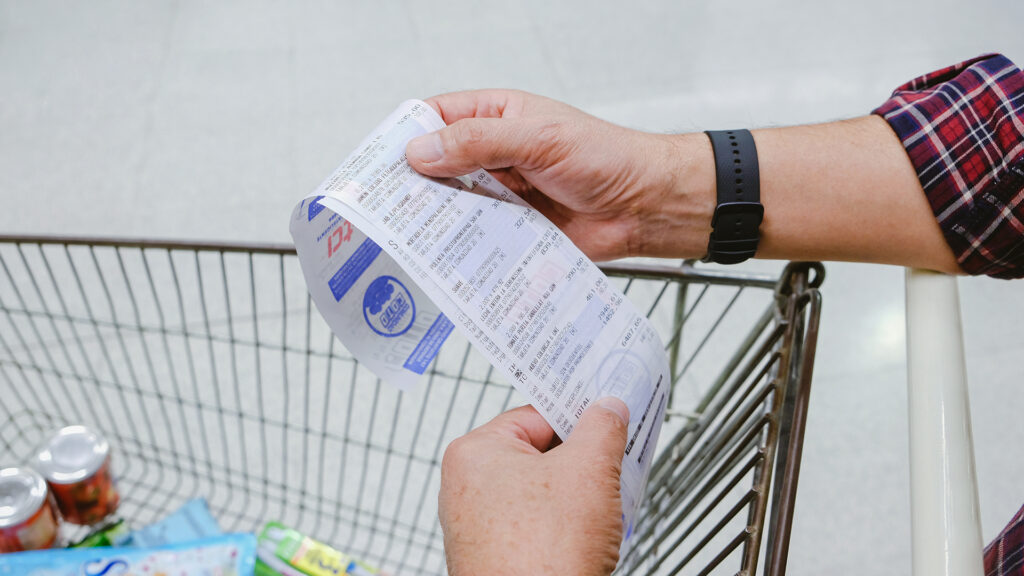Australian consumer price inflation held at a two-year low of3.4% in February, contrary to forecasts for a small rise a slight uptick over the month.
Data from the Australian Bureau of Statistics (ABS) showed that at 3,4% the monthly CPI indicator (a partial replication of the full quarterly index which includes more services details) was unchanged from January and under forecasts of 3.5%.
A closely watched measure of core inflation, the trimmed mean, rose an annual 3.9%, up slightly from 3.8% in January but a limited core reading (compared to the full quarterly CPI) excluding volatile items and holiday travel, slowed to 3.9%, from 4.1%.
The inflation data will have no impact on the Reserve bank’s thinking on interest rate levels.
The ABS said the most significant contributors to the February annual increase were Housing (+4.6%), Food and non-alcoholic beverages (+3.6%), Alcohol and tobacco (+6.1%) and Insurance and financial services (+8.4%)
“When excluding volatile items from the monthly CPI indicator, the annual rise to February was 3.9 per cent, down from 4.1 per cent to January. Annual inflation excluding volatile items has continued to slow over the last 14 months from a high of 7.2 per cent in December 2022,” Michelle Marquardt, ABS head of prices statistics explained on Wednesday.
Housing rose 4.6% the 12 months to February, unchanged from January and within Housing, Rents increased by 7.6% for the year, up from 7.4% in January, reflecting a tight rental market and low vacancy rates across the country.
New dwelling prices rose 4.9% over the year with builders passing through higher costs for labour and materials. Annual new dwelling price increases have been around the 5% mark for the past six months, the ABS pointed out.
“Increases in the prices of Food and non-alcoholic beverages slowed this month. The rise of 3.6 per cent in the 12 months to February was down from the 4.4 per cent annual increase to January.
“The rise this month is the lowest annual growth since January 2022 with prices in most food categories moderating and, in some cases, such as Meat and seafood and Fruit and vegetables, falling,” the ABS said.
That was a month before the Russian invasion of Ukraine upended everything, sending energy food 9especially grains and dairy costs) higher and drove up inflation generally which flowed through the wider economy.
Insurance and financial services were another headache, rising 8.4% in the 12 months to February.
“This was driven by Insurance, up 16.5 per cent over the past 12 months with rises in premiums across all insurance types (motor vehicle, house and house contents) due to higher reinsurance, natural disaster and claim costs.
Holiday travel and accommodation prices fell 1.3 per cent in the 12 months to February, following a 7.1 per cent annual fall to January. This was driven by falls in domestic holiday travel and accommodation though the ABS said the seven Taylor Swift concerts in Sydney and Melbourne boosted accommodation costs in both cuties in the month.

